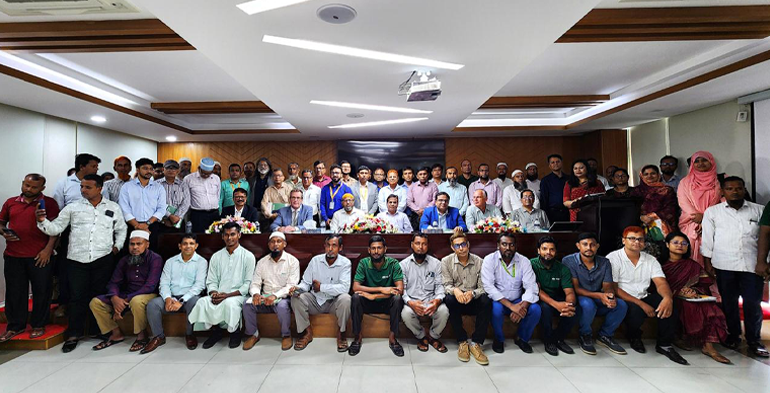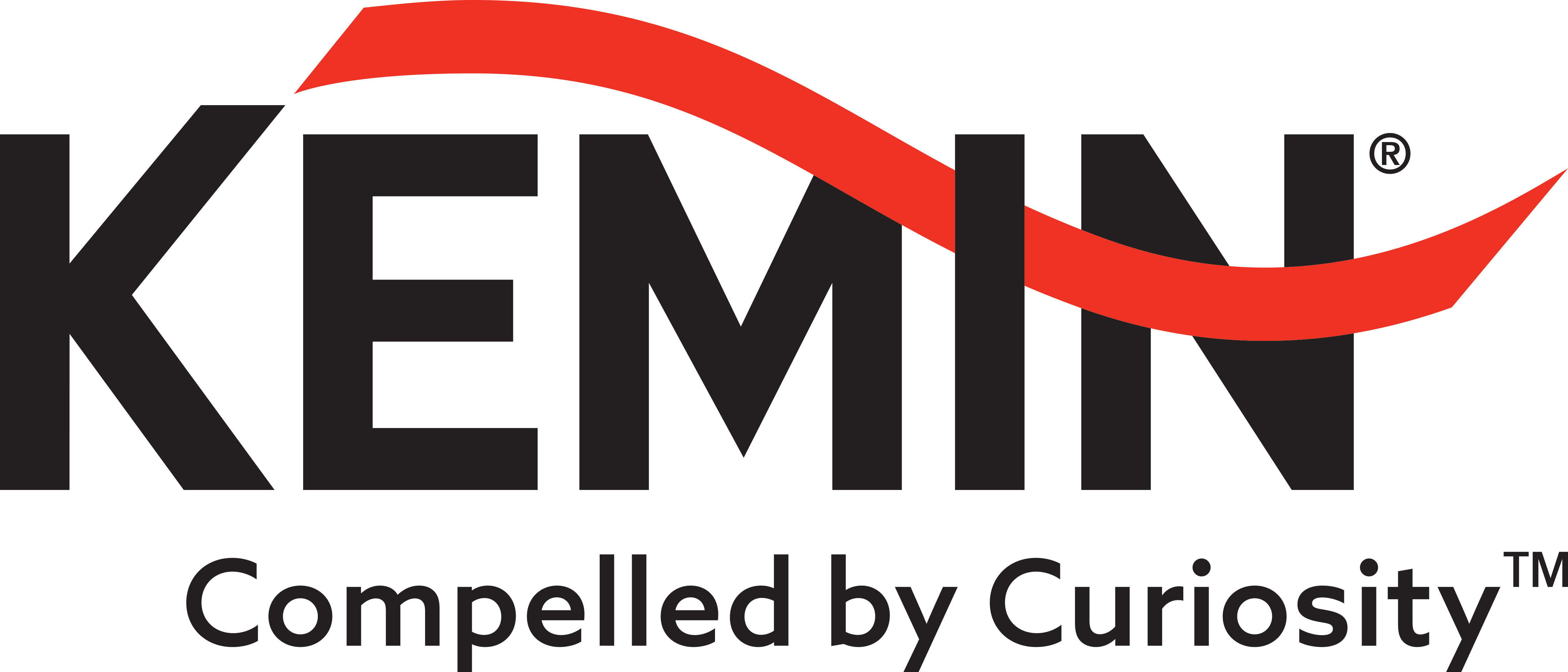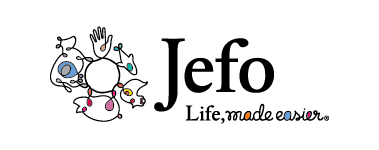
Agrilife24.com:The "Smart Farming, Healthy Food" project, a collaborative five-year initiative by Solidaridad Network Asia, East-West Seed, and the Department of Agricultural Extension (DAE), successfully concluded today with a Lesson Learning-Sharing Workshop. The event, which brought together key stakeholders at the Cotton Development Board in Dhaka, highlighted the project's significant achievements in developing sustainable and climate-resilient vegetable farming in Bangladesh and initiated a crucial dialogue on a national upscaling strategy.
The workshop was chaired by Mr. Abdus Sattar, Director of Planning, DAE, with Mr. S. M. Sohrab Uddin, Director, Horticulture, DAE, and Mr. Koos Dijkstra, Deputy Head of Mission, Embassy of the Kingdoms of the Netherlands in Bangladesh, in attendance. The project, implemented in the Barisal and Chottogram Divisions, successfully developed a comprehensive "seed-to-market" model that has delivered impressive results.
Key Achievements and Economic Impact
The project’s integrated approach, combining advanced technologies, market linkages, and inclusive practices, has created a compelling business case for climate-smart agriculture (CSA).
- Yields & Income: The average yield per hectare increased by an impressive 65%, from 16.4 MT to 27.5 MT. This led to a substantial 46% rise in average net household income per hectare, soaring from BDT 25,500 to BDT 99,105 annually.
- Return on Investment (ROI): The project achieved a remarkable 124.85% ROI for participating farmers, meaning for every Taka invested, they earned a profit of 1.25 Taka. This profitability, even under worst-case scenarios, demonstrates that sustainable farming is a highly viable investment.
- Reduced Losses: Post-harvest losses were reduced by 60%, contributing significantly to increased income and food security.
- Empowerment: A core focus on gender equity resulted in 16,250 of the 25,000 farmers being women, strengthening their economic agency within their households and communities. The project also nurtured 40 young entrepreneurs, who established rural collection centers, boosting local economies and providing critical market linkages.
Demonstrated Climate-Smart Technologies
The project’s success is rooted in the high adoption rates of a range of CSA technologies. With 85% adoption of high-yielding certified seeds, farmers were able to ensure reliable harvests in saline soils. The use of vermicompost improved soil health, while practices like seedling production in trays and mulching helped farmers overcome challenges like waterlogging and moisture loss. Additionally, the use of pheromone traps and yellow stickers reduced pesticide use by approximately 40%, promoting environmental sustainability.
A Model of Public-Private-CSO Partnership
Mr. S. M. Sohrab Uddin, Director, Horticulture, DAE shared, “We must address the adverse conditions of climate change to feed our 180 million people. This requires improving resilient agricultural production systems and promoting technological advancement in alignment with farmers’ synergies He also urged that we have ensure that everyone should have secured safe and nutritious food.”
Mr. Koos Dijkstra of the Embassy of the Netherlands praised the project as a "proof of concept" that climate-smart agriculture is achievable in Bangladesh, with potential for widespread adoption. He also noted the Netherlands' long-standing partnership with Bangladesh, particularly in the seed sector, which has modernized agriculture and holds potential for future export success.
Mr. Abdus Sattar, Director Planning, DAE said, “More projects like SFHF are critically needed for resilient agriculture in Bangladesh. We extend a heartfelt request to the Embassy of the Kingdoms of the Netherlands to continue funding for Bangladesh.”
Mr. Selim Reza Hasan, Country Manager, Solidaridad Bangladesh, stated, "The project is truly transformative. We have proven that a public-private partnership can build a sustainable, inclusive, and profitable agricultural system."
Mr. Stuart Morris, Executive Director, East-West Seed Knowledge Transfer, emphasized the project's role in addressing the challenges faced by climate-vulnerable farmers, stating that "vegetables offer a powerful solution," providing higher income and improved nutrition from small plots of land.
Mr. Osman Haruni, Senior Policy Advisor, Agriculture and Food Security- Trade and Business Development, Embassy of the Kingdom of the Netherlands mentioned that water and agriculture is Dutch priority sector. Dutch advanced seed technology is playing a key role in transforming the Bangladesh agriculture sector. There is further scope to advance the seed technology through Dutch Dimond model through public-private, CSO and research organizations. He mentioned that the "Smart Farming, Healthy Food" project is a flagship example of the Dutch Diamond Model, a collaborative effort involving Solidaridad, East-West Seed, and the Bangladesh Department of Agricultural Extension.
Professor Abu Noman Faruq Ahmed mentioned that being the coastal region is one of the climate hotspots, the Smart Farming, Healthy Food is a timely initiative for Bangladesh. The project has rightly given emphasis on women and youth, who are the future of Bangladesh Agriculture. There is a need for sharing experiences of safe, sustainable and responsible agriculture and focus should be on certified safe food to tap the local and global market opportunities.
























